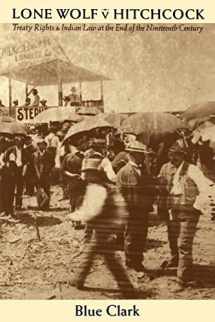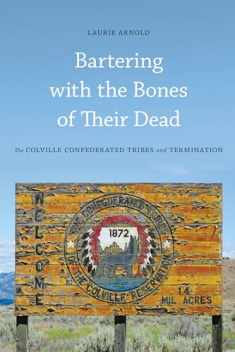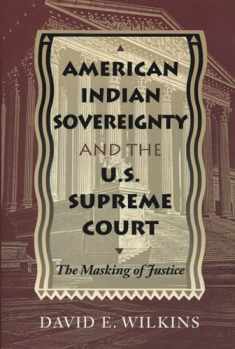
Lone Wolf v. Hitchcock: Treaty Rights and Indian Law at the End of the Nineteenth Century (Law in the American West)
Book details
Summary
Description
Landmark court cases in the history of formal U.S. relations with Indian tribes are Corn Tassel, Standing Bear, Crow Dog, and Lone Wolf. Each exemplifies a problem or a process as the United States defined and codified its politics toward Indians. The importance of the Lone Wolf case of 1903 resides in its enunciation of the "plenary power" doctrine—that the United States could unilaterally act in violation of its own treaties and that Congress could dispose of land recognized by treaty as belonging to individual tribes.
In 1892 the Kiowas and related Comanche and Plains Apache groups were pressured into agreeing to divide their land into allotments under the terms of the Dawes Act of 1887. Lone Wolf, a Kiowa band leader, sued to halt the land division, citing the treaties signed with the United States immediately after the Civil War. In 1902 the case reached the Supreme Court, which found that Congress could overturn the treaties through the doctrine of plenary power.
As he recounts the Lone Wolf case, Clark reaches beyond the legal decision to describe the Kiowa tribe itself and its struggles to cope with Euro-American pressure on its society, attitudes, culture, economic system, and land base. The story of the case therefore also becomes the history of the tribe in the late nineteenth century.
The Lone Wolf case also necessarily becomes a study of the Dawes Allotment Act of 1887 in operation; under the terms of the Dawes Act and successor legislation, almost two-thirds of Indian lands passed out of their hands within a generation. Understanding how this happened in the case of the Kiowa permits a nuanced view of the well-intentioned but ultimately disastrous allotment effort.


We would LOVE it if you could help us and other readers by reviewing the book
Book review





